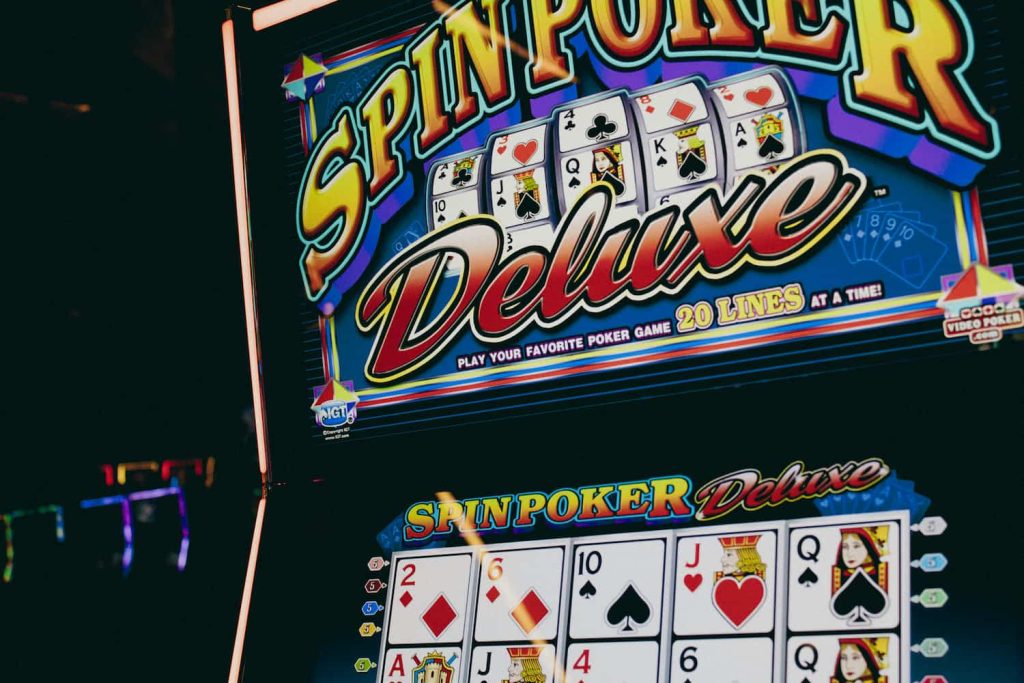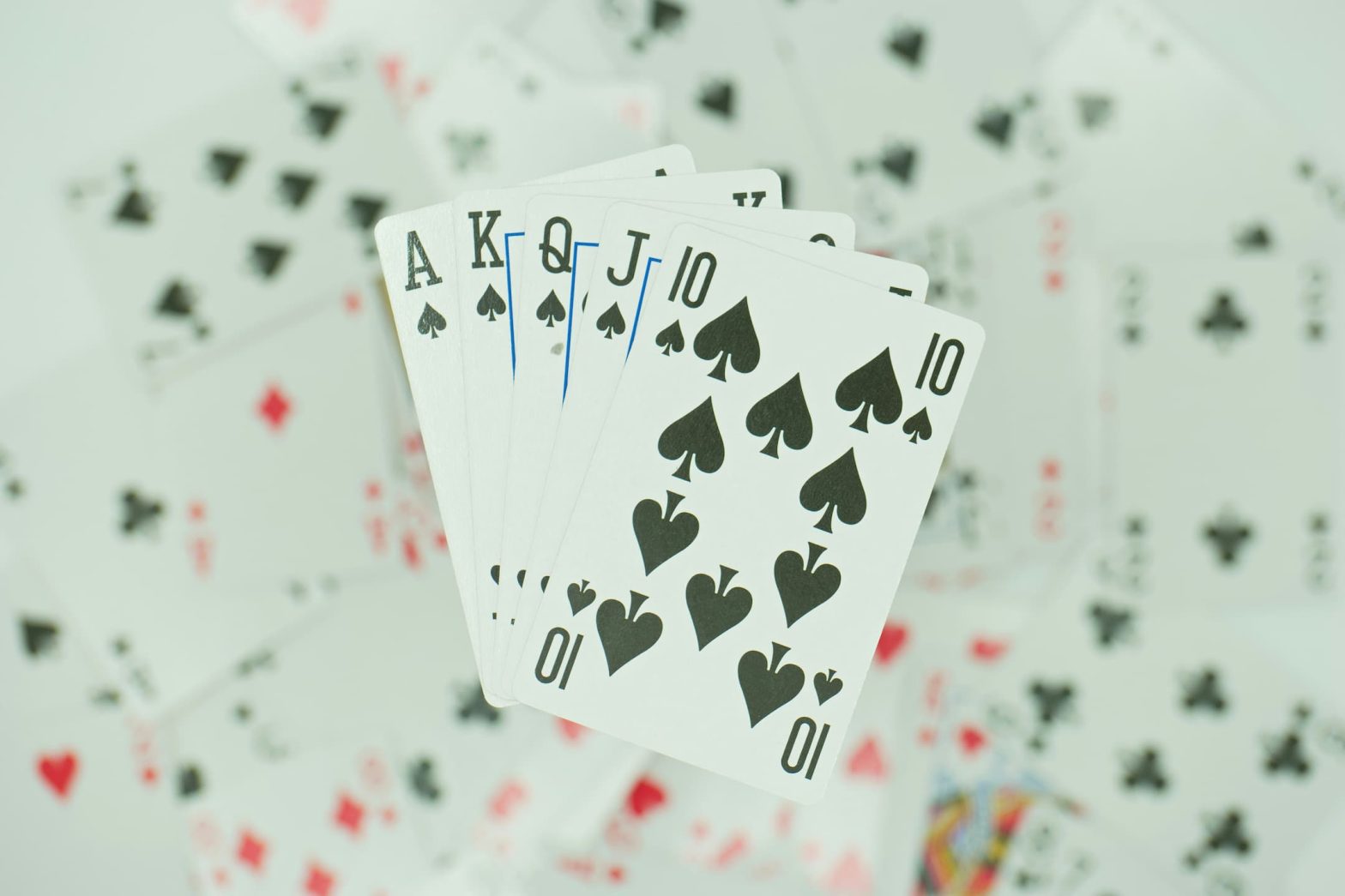Ever sat down to play a few spins, only to realize hours have passed? You’re not alone. Online slots have an almost hypnotic pull, drawing players in with flashing lights, captivating sounds, and the ever-present hope of hitting that big win. But this isn’t just about fun—it’s science. Behind every slot machine, whether at a casino or online, is a carefully engineered system designed to keep players spinning.
The Dopamine Loop: Your Brain’s Reward System at Work
At the heart of slot machine addiction is dopamine, the brain’s feel-good neurotransmitter. Every time you spin the reels, your brain releases a small dose of it, rewarding you for taking action—even if you lose. It’s the same mechanism behind social media scrolling, video game binges, and even drug addiction.
Slots operate on what’s called a variable ratio reinforcement schedule—a fancy way of saying you never know when the next win is coming. This uncertainty is what makes gambling so gripping. The brain loves unpredictability, and just like a lab rat pressing a lever for food, players keep spinning, chasing that next big reward.
Near-Misses: The Illusion of Almost Winning
Ever noticed how often you land two jackpot symbols, but the third just barely misses? That’s not bad luck—it’s intentional. Psychologists call this the near-miss effect, and it’s one of the most powerful hooks in gambling.
When you come close to winning, your brain treats it almost as if you did win. Studies show that near-misses trigger similar dopamine spikes to actual wins, tricking players into thinking they’re getting closer to a big payout. In reality, every spin is independent, but the illusion keeps players engaged.
The Speed Factor: Rapid-Fire Betting
Traditional casino games like poker or blackjack involve strategy, decision-making, and social interaction. But slots? They’re fast. You can spin the reels every few seconds, making them one of the quickest forms of gambling. This rapid gameplay means more bets per hour, more dopamine hits, and a higher chance of falling into a compulsive cycle.
And let’s not forget autoplay features. These remove the small break between spins, making it even easier to lose track of time—and money.
Online Slots: More Accessible, More Addictive

Brick-and-mortar casinos require effort. You have to get dressed, travel, and walk into a physical space. Online slots, on the other hand, are always within reach. You can play in bed, on the couch, or even during a lunch break. This constant accessibility makes them even harder to resist.
Platforms like SlotsGem take this even further, offering a vast selection of slot games in a sleek, user-friendly environment. With new themes, bonuses, and promotions regularly rolling out, there’s always something fresh to keep players engaged.
The Power of Small Wins: “Losses Disguised as Wins”
Ever spun the reels and heard triumphant music, only to realize you won less than you bet? That’s a psychological trick known as a “loss disguised as a win.” Instead of feeling the sting of a loss, players experience a false sense of success, which encourages them to keep going.
And the brain? It doesn’t care that you technically lost money—it just registers the celebratory sound effects and flashing animations as another reward.
Bonuses and Free Spins: The Illusion of “Something for Nothing”
Online casinos are masters at keeping players engaged. Welcome bonuses, deposit matches, free spins—these all make it feel like you’re getting extra chances to win. But these incentives are carefully calculated to keep players in the game longer.
Take SlotsGem, for example. Their generous bonuses and game variety keep players coming back for more, always promising that next exciting spin. While promotions can be fun, they also contribute to the psychological grip that online slots have on players.
Can You Break the Cycle?
Understanding the science behind slot addiction is the first step toward playing responsibly. Here are a few tips to stay in control:
- Set a budget before you start playing and stick to it.
- Take breaks—step away from the game to regain perspective.
- Play for entertainment, not profit. The house always has an edge, and long-term wins are rare.
- Recognize the signs of problem gambling—if you find yourself chasing losses or losing track of time, it might be time to step back.
At the end of the day, slots are designed to be fun, but they’re also built to keep you playing. Knowing the tricks behind their addictive nature can help you make smarter choices—and maybe even enjoy the game without falling into the trap.
